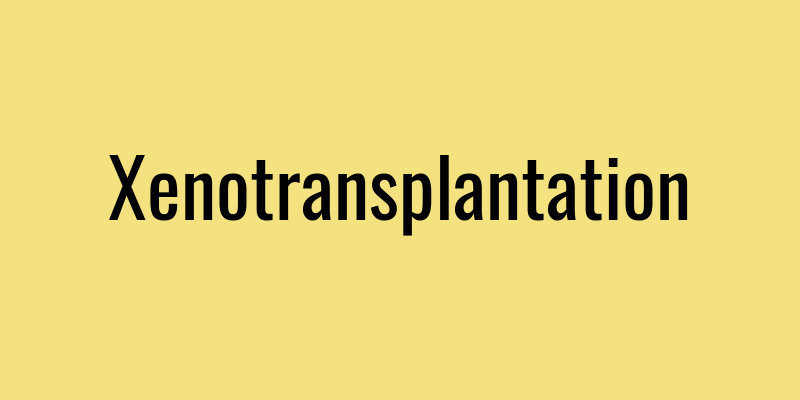
Exploring the Pros and Cons of Xenotransplantation
A Deep Dive into the Benefits and Drawbacks of Xenotransplantation
Xenotransplantation, the process of transplanting cells, tissues, or organs from one species to another, holds great promise in addressing the shortage of human organs for transplantation. This medical procedure has the potential to save countless lives and alleviate the burden on organ donation waiting lists. However, it also comes with significant ethical, medical, and logistical challenges. In this article, we will explore the advantages and disadvantages of xenotransplantation, shedding light on its potential benefits and the associated risks.
Xenotransplantation has been the subject of extensive research and debate in the medical and scientific communities. While it offers hope for patients in need of organ transplants, it raises complex issues related to immunological barriers, infectious diseases, and the welfare of animals involved in the process. By examining both the pros and cons, we can gain a comprehensive understanding of the implications of xenotransplantation in the field of medicine and healthcare.
Pros
Xenotransplantation presents several compelling advantages that have the potential to transform the landscape of organ transplantation. From addressing organ shortages to reducing wait times, the benefits are substantial and offer hope to individuals in need of life-saving procedures.
Missing a pro?
Cons
While xenotransplantation offers promising solutions to the limitations of human organ donation, it also brings forth a range of ethical, medical, and practical challenges that warrant careful consideration. From the risk of infectious diseases to complex immunological barriers, the drawbacks of xenotransplantation present significant hurdles that must be addressed.
Missing a con?
Conclusion
In conclusion, xenotransplantation offers a promising avenue for addressing the critical shortage of donor organs and improving outcomes for patients in need of transplants. However, it is crucial to navigate the inherent challenges and ethical considerations associated with this medical procedure. By carefully weighing the advantages and disadvantages, the medical and scientific communities can work towards harnessing the potential benefits of xenotransplantation while mitigating the associated risks. Continued research, ethical scrutiny, and technological advancements will play pivotal roles in shaping the future of xenotransplantation and its impact on healthcare.
What do you think?
Do you think the pros outweigh the cons?






